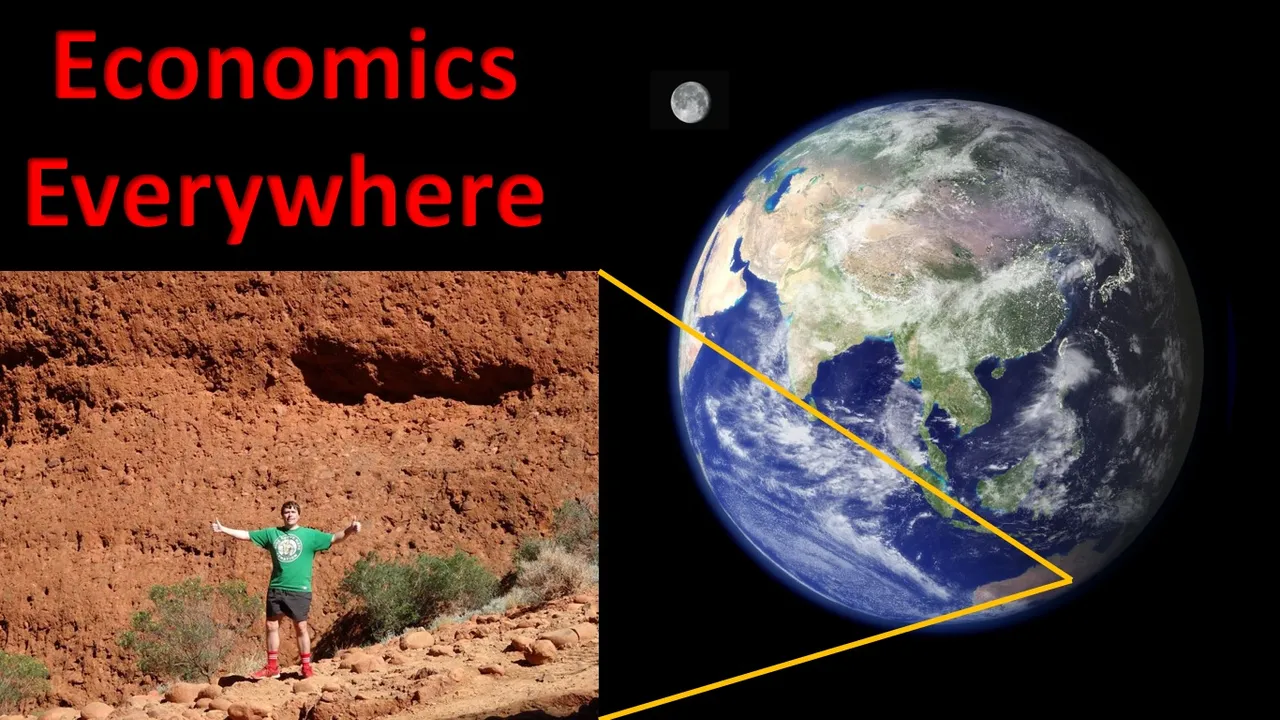
‘Economics is everywhere’ is a new series of blogs I am posting relating to how economics appears and is being applied in our daily lives and daily activities. This first post takes a look at the decisions we make in a working day and how we are consciously or subconsciously applying economics in our day.
Let’s start with breakfast in the morning before work. We might be faced with the choice of a bowl of cereal or peanut butter on toast. How might we choose between the two options? The breakfast option that feels more desirable at the time may influence our choice. The amount of time required to prepare the food is also relevant considering time is often limited in the morning. This is especially true if we are required to be at work at a particular time. The preferences of other people in the household may influence our decision as well.

VS.

For many people none of these thoughts go through their mind. Instead selecting breakfast is automatic and routine. For example, if there is enough cereal available, it will be cereal for breakfast, if not then it will be toast. This does not mean that the above questions have not been considered at some point or are being subconsciously processed for future decisions regarding breakfast. A person who has been eating Brand X cereal Monday to Friday for 10 weeks may decide that this cereal no longer suits their palate. They may not immediately stop eating this cereal but may start looking for breakfast alternatives the next time they go shopping.
How about the choice of mode of transport to get to work. There are many aspects to consider but rarely these are analysed on a daily basis for the events of the day. The decision to travel by car, bus or train most likely are determined many months prior to the trip of the day. This does not mean that economics is not playing a part in our travel decisions. Consistently late trains or frequent congestion determines whether we change or keep our travel patterns for future travel to the city.
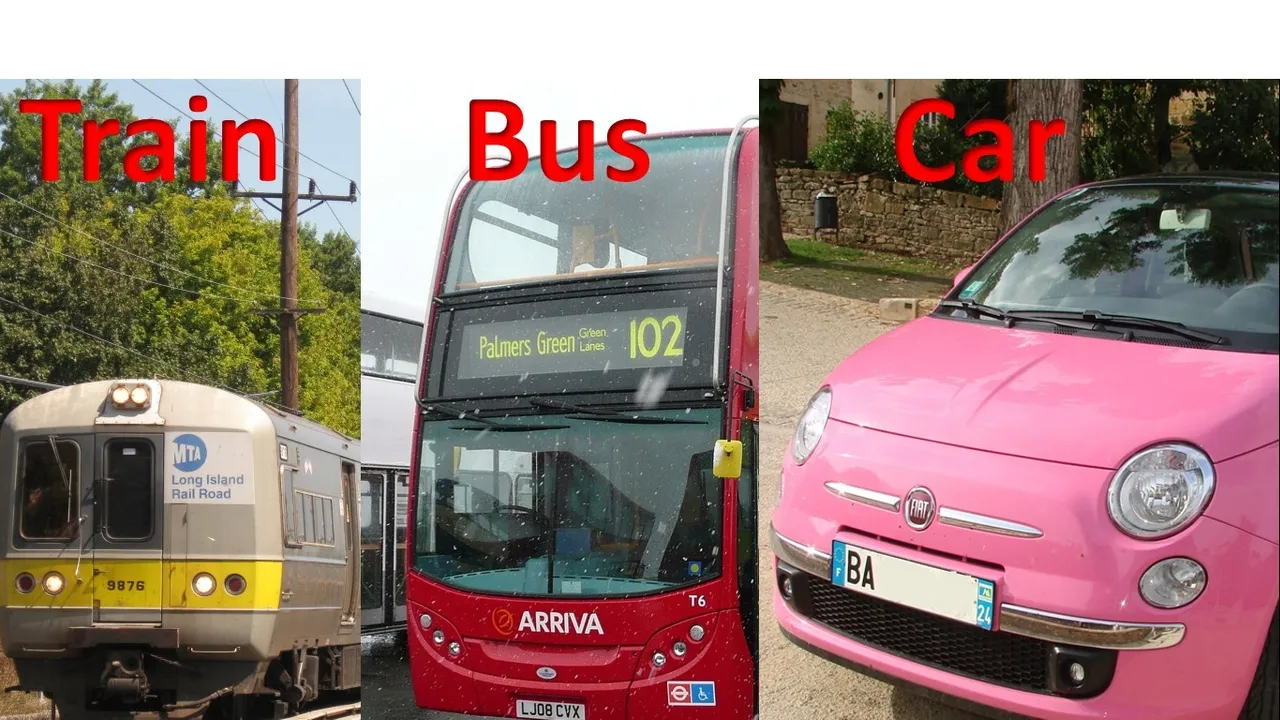
What decisions do we face when we are at work? Do we apply economic concepts consciously or subconsciously? The nature of our work will influence if we actively making on the spot decisions or following set routines and processing information regarding future decisions that will change our routine. For example, do we do our printing at a particular time of day or do we print whenever we need to print or whenever the printer is available. These types of decisions will vary from job to job and even from person to person in terms of how they organise their life. Some people have a preference for making mostly on the spot decisions based on the current circumstances they face. Other people have a set of rules and routines which they closely follow, thus making on the spot decisions less necessary or less onerous.
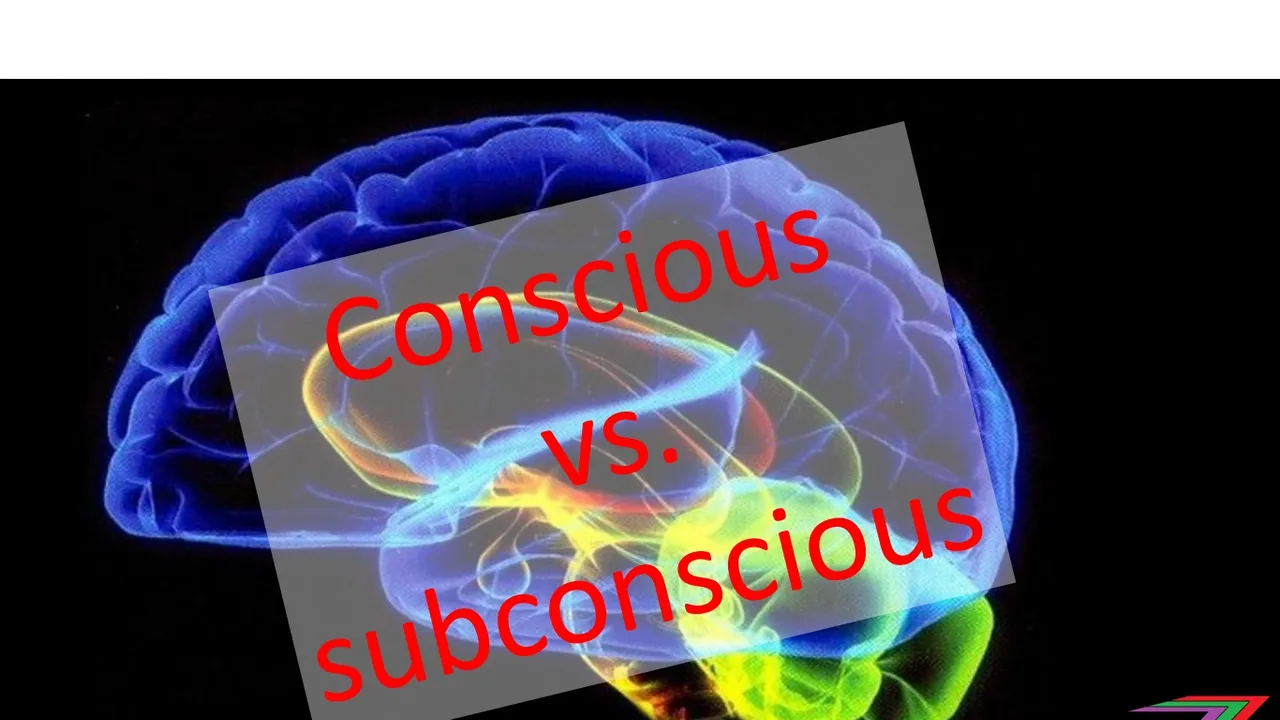
After the work day, what decisions are we faced with? Do we go straight home or do we go elsewhere before going home? Do we eat dinner out or have dinner at home? Do we stay home after dinner or do we go out again? Are these questions that we ask ourselves on a daily basis, occasionally or almost never as we have made these decision beforehand and do not require to keep making them. There is no right or wrong approach to how we make decisions in life, it really comes down to circumstances, preference and what works for us.
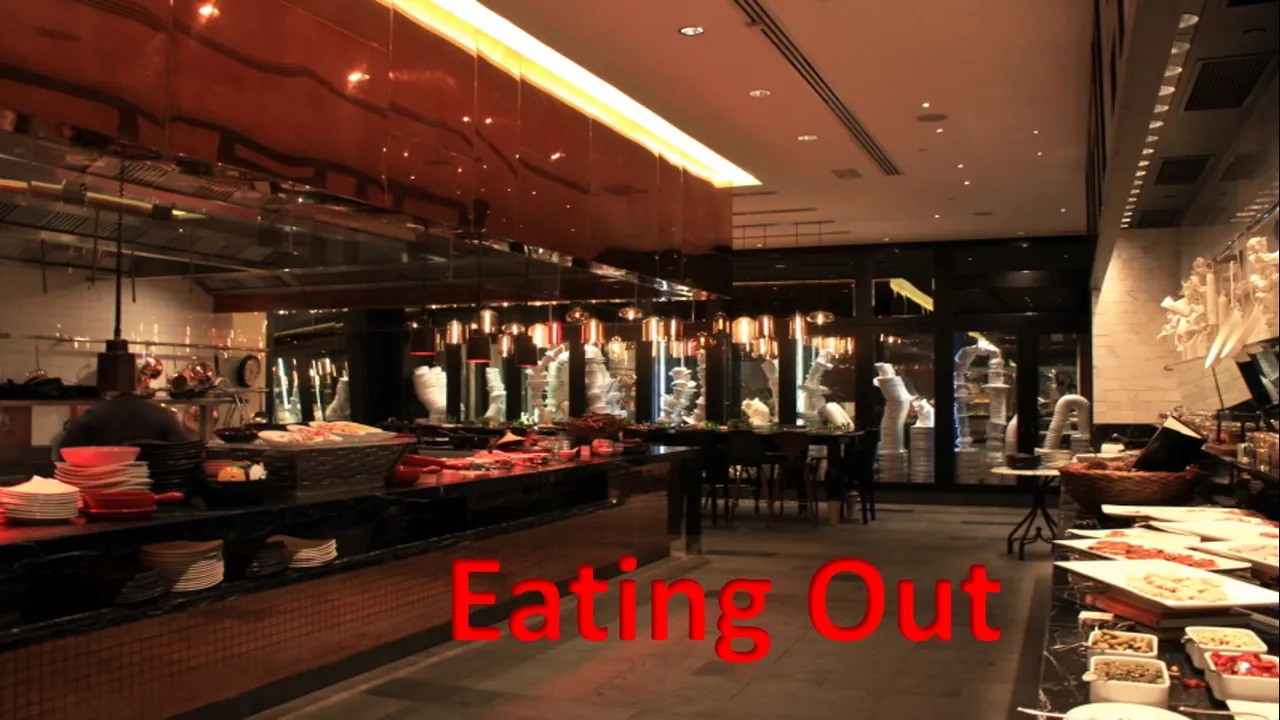

OR

If decisions need to be made quickly, people tend to follow routine and rules; for example choice of breakfast. In most cases information is still being processed which influences future decisions and possible rule changes based on experiences. If more time is available, making decisions on the spot might be preferred by some. Others will still feel more comfortable following routine.
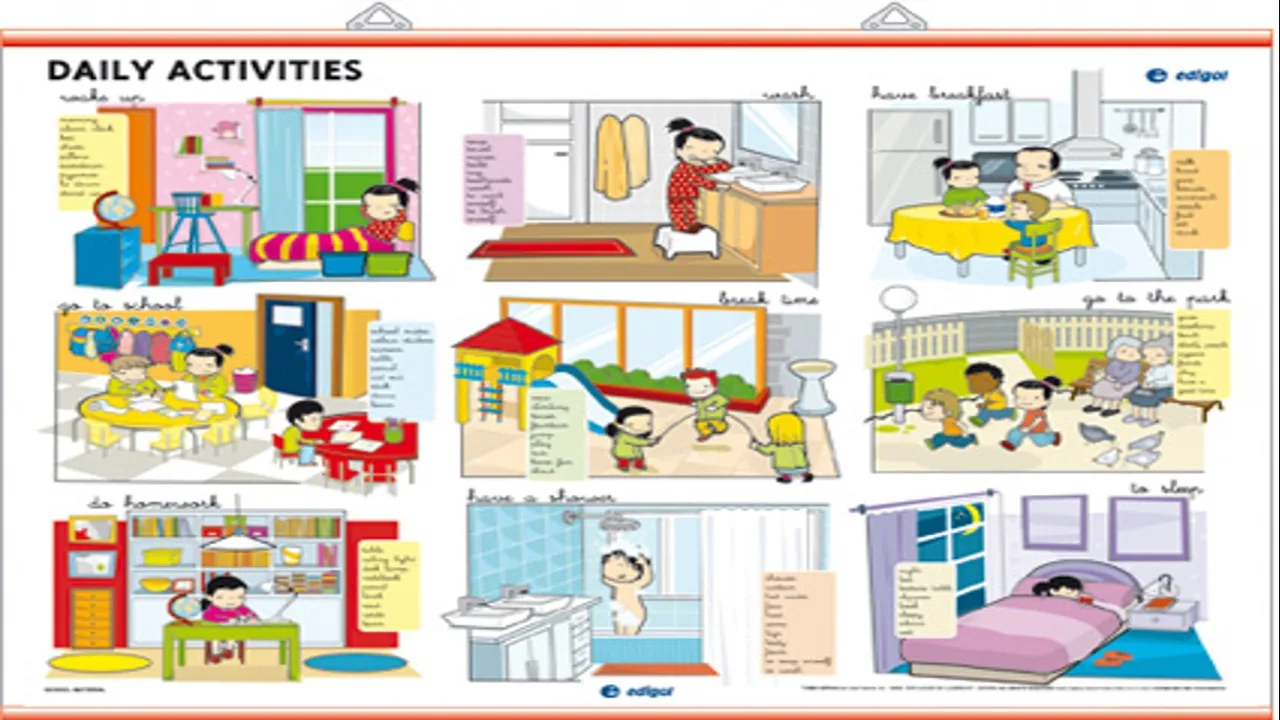
I have not directly identified any economic concepts so far in this post but now I would like to identify a few relevant concepts that have been implied.
Concept 1: Maximising of Utility
The concept of maximising utility is around obtaining as much satisfaction as possible from the limited resources we have available to obtain that satisfaction. Examples include breakfast selection based on taste (utility) and the availability of time (resource).
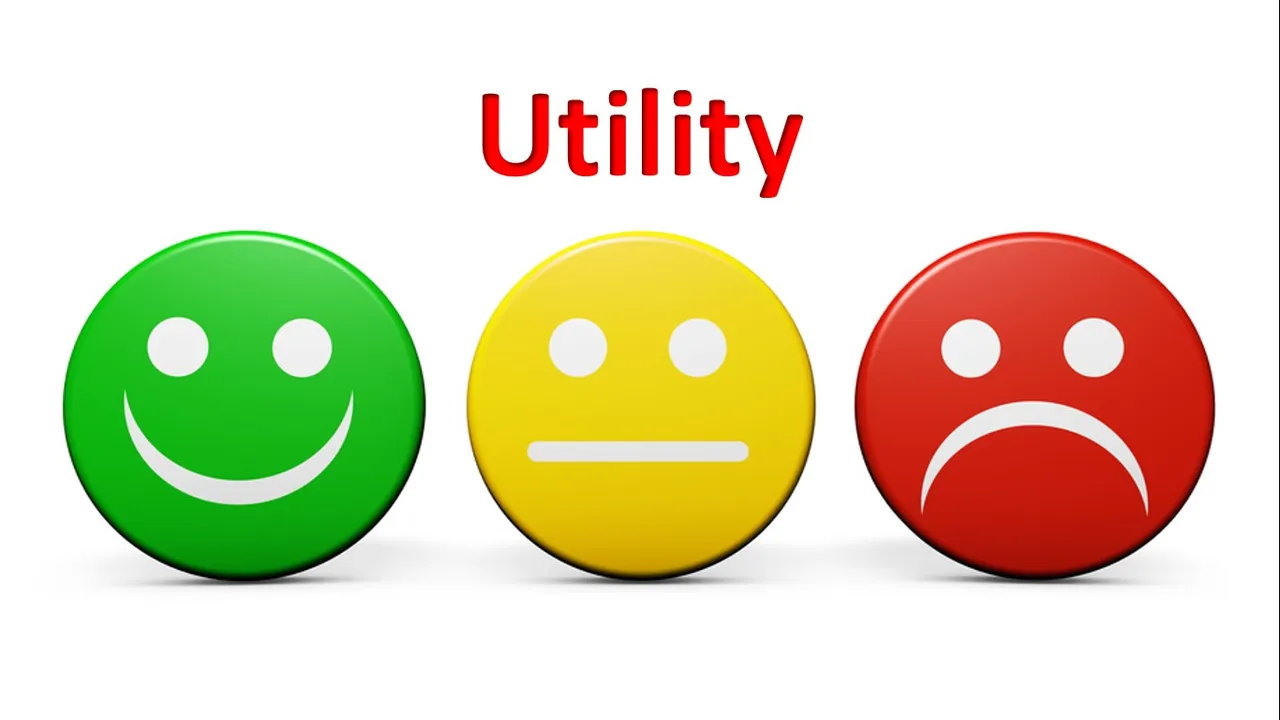
Concept 2: Economic Evaluation
There are many ways of going about economic evaluation. In short, it typically involves maximising returns from investment. Delays on public transport, fuel costs, congestion on motorways, and availability of parking spaces provides input into the decision to travel by car or public transport. We can call this a subconscious economic evaluation of our perceived costs for each mode of transport. This evaluation or analysis will affect future travel plans and even investment in annual train passes or long term parking arrangements.
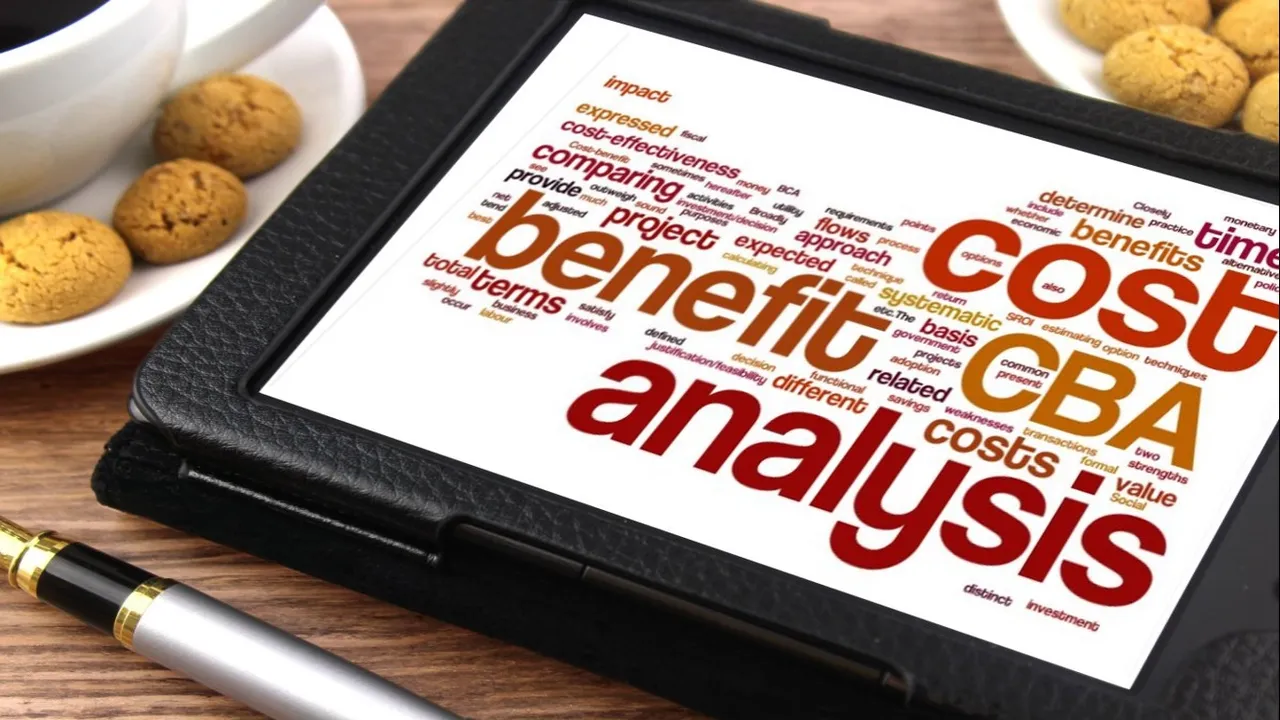
Concept 3: Behavioural Economics
Behavioural economics investigates what determines our behaviour in certain situations. Why do people make the purchases that they do? Why do people engage in particular activities when they do? Why do we choose to eat out on particular nights, is it because of discounts on particular nights? Does it relate to particular social situations? Is it just habit and routine that we have grown up with or lived with for a long time so that we have stopped questioning the behaviour?
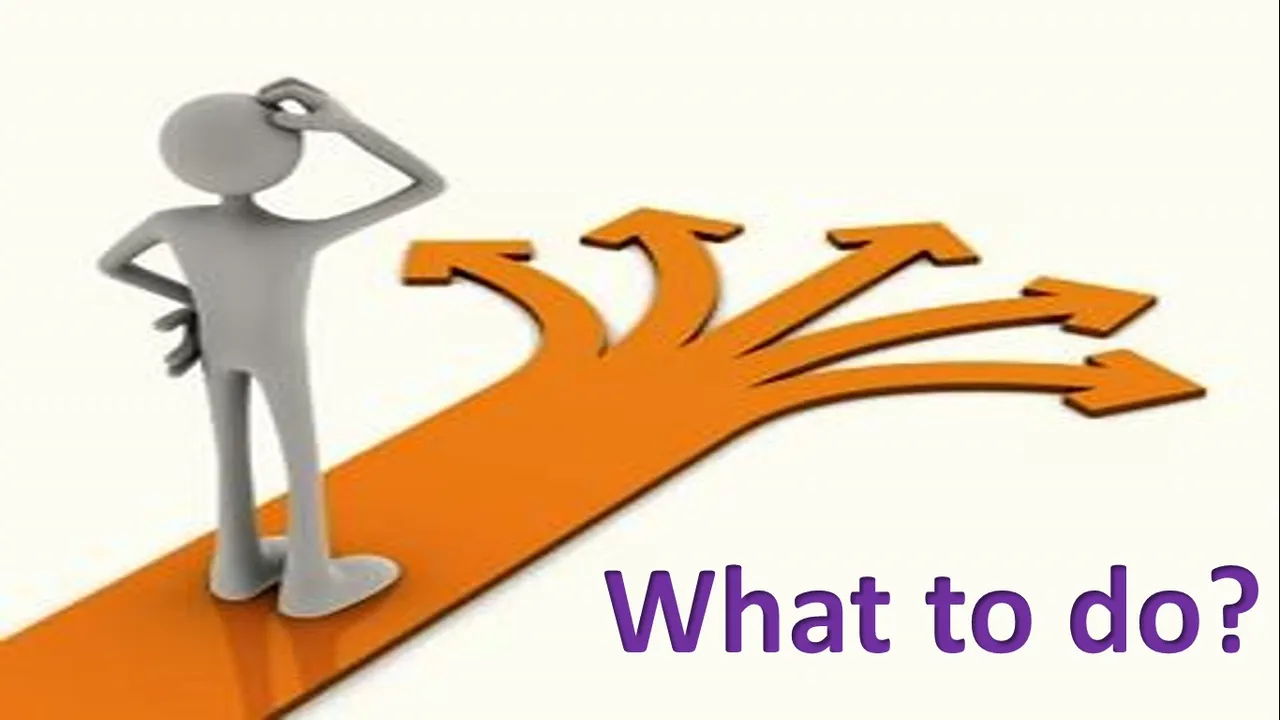
Whether we are applying economics to the activities we engage in on a particular day or if we are consciously or subconsciously collecting information regarding future decisions. Economics plays a part in our lives. It is important to understand how economics works in order to enhance the quality of our lives. I hope you enjoyed this post. I will be adding more posts regarding how economics appears and features in our daily lives. Thank you for reading.

